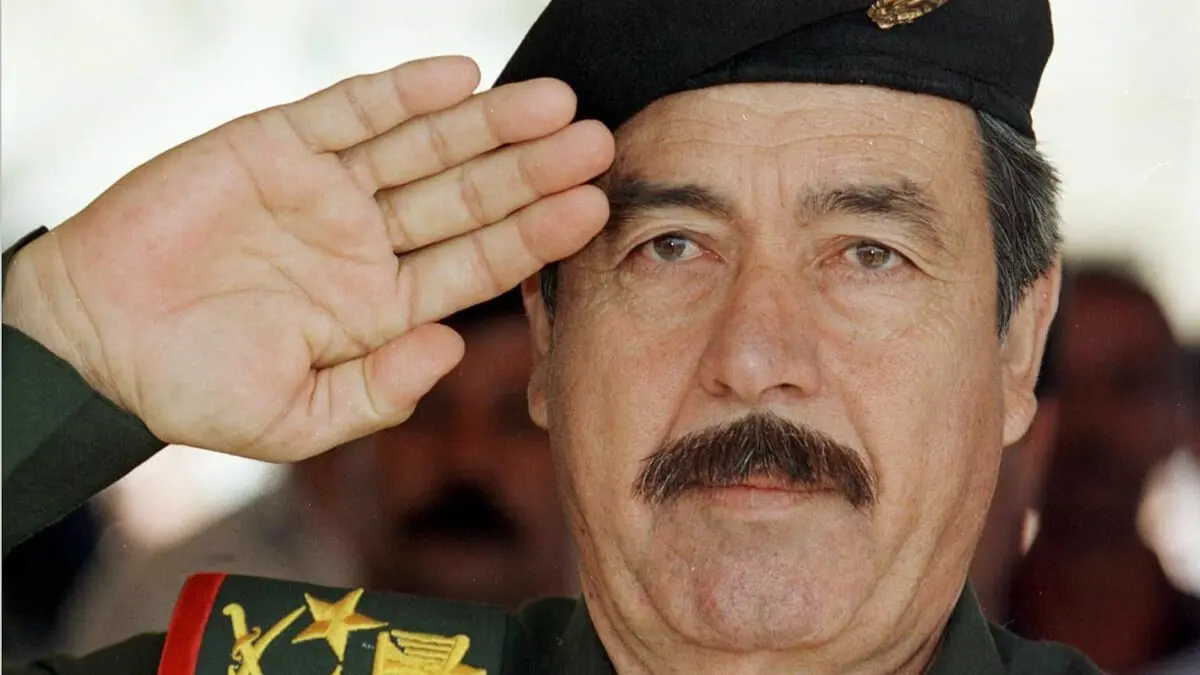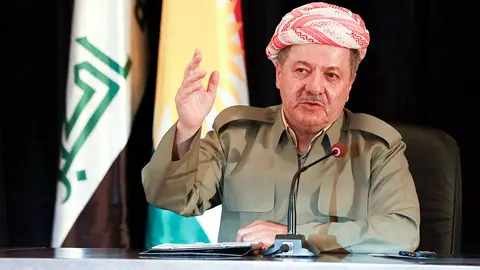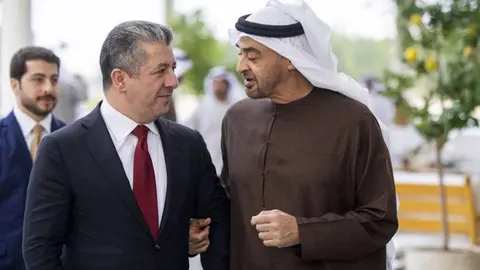Iraq takes diplomatic measures to clarify the fate of Kurdish citizens who disappeared in Iran

The Iraqi government and the regional authorities of Kurdistan are working to clarify the fate of several Kurdish citizens who disappeared during the war waged by Saddam Hussein's regime in the 1980s in the Kurdistan region. Iraq's Foreign Ministry announced on Friday its intention to contact the Iranian authorities to address the case of the missing persons.
In a communiqué, it emphasised its interest in discovering the fate of the Kurdish citizens from the province of Sulaymaniyah who disappeared in Iran during their displacement following the Anfal operations and the chemical bombing in the region.
The Iraqi Ministry of Foreign Affairs indicated that its Undersecretary for Bilateral Relations, Ambassador Mohammed Hussein Mohammed Bahr Al-Ulum, received the Minister of Martyrs of Kurdistan, Abdullah Haji Mahmoud, in Baghdad to discuss the fate of several citizens of the Sulaymaniyah Governorate who travelled to Iran during the Anfal campaigns and the chemical bombings of Saddam Hussein's regime in the 1980s.
Haji Mahmoud emphasised that the Ministry of Martyrs ‘is working to identify these citizens and return them to their families who are still searching for them’, underlining the importance of this issue as a humanitarian one.
For his part, the undersecretary of the Ministry of Foreign Affairs stated that the ministry is ‘willing to provide support by communicating with the Iranian side through official diplomatic channels to address this issue’. He added, according to the Iraqi Kurdish portal Shafaq News, that ‘the effects of the crimes of the former regime continue to cast a shadow over Iraqi society, and the ministry is committed to doing everything possible to resolve these problems’.

It is not known to what extent the Iranian authorities will respond to Iraq's efforts to clarify the fate of the missing. The Kurdistan region was the target of a vast military campaign by Saddam Hussein's regime in the 1980s. This offensive, which began in 1986, intensified in 1988 and continued until 1989, under the command of Ali Hassan al-Majid, known as ‘Ali the Chemist’.
Ali Hassan al-Majid held the post of secretary of the Northern Secret Office of the dissolved Baath Party, while the former Iraqi Defence Minister, Sultan Hashim, was the military commander of the campaign. In 2011, the Supreme Criminal Court described the ‘Anfal’ campaign as a ‘crime against humanity’ and a ‘genocide’. Ali Hassan al-Majid was executed a year earlier, accused of overseeing the chemical attack launched against the city of Halabja.
Iraq is seeking to clarify many of the violations that occurred during Saddam Hussein's regime as part of preserving the national memory, while many are demanding that this process does not become a political settling of scores










